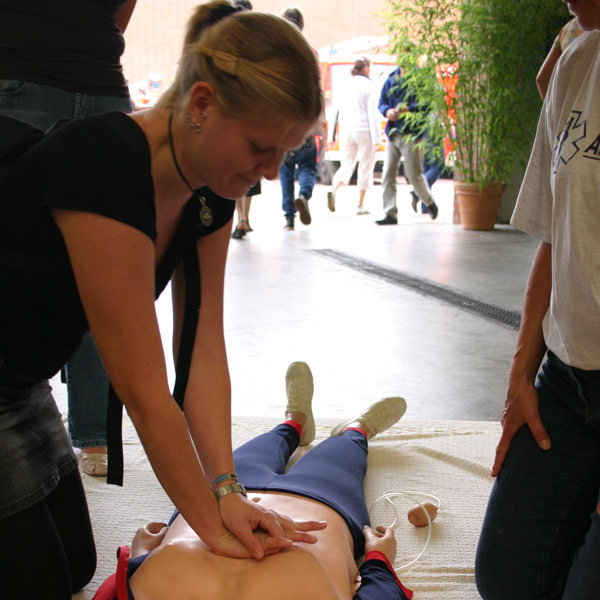
FRIDAY, Dec. 5, 2014 (HealthDay News) — Taking a statin to lower your cholesterol may raise your risk of developing cataracts, Canadian researchers report.
While statins such as Zocor, Crestor and Lipitor protect many people from heart attack and stroke, they may raise the odds of developing the vision problem by 27 percent, the researchers report.
But the risk of developing cataracts — a clouding of the lens of the eye — is insignificant compared with the benefits of these drugs, said lead researcher Dr. G.B. John Mancini.
“The benefits of statins are far outweighed by any small risk for cataract surgery,” said Mancini, a professor of medicine at the University of British Columbia in Vancouver.
“However, the indication for statin use should be solid from the outset and fully understood by patients,” he added.
Mancini said this study can’t prove that statins cause cataracts. “Careful observations in clinical trials are needed to support or refute this association,” he said.
Dr. Mark Fromer, an ophthalmologist at Lenox Hill Hospital in New York City, said cataracts are very common. “In one’s lifetime, the chance of developing a cataract is 100 percent,” he said.
“The goal is we want to keep you alive long enough to get one, and that’s where statins come in,” he said. “Statins increase the length of life by decreasing strokes and heart attacks.”
Cataracts can be treated with surgery that is “quick, painless and 99.9 percent successful,” Fromer said. “So, since you are going to get a cataract anyway, you might as well take your statin — it’s in your best interest.”
The study was published in the December issue of the Canadian Journal of Cardiology.
For the study, Mancini’s team used the British Columbia Ministry of Health database from 2000 to 2007 and the IMS LifeLink U.S. database from 2001 to 2011. In all, they looked at more than 207,000 adults with cataracts and more than 1.1 million without them.
Among people in the Canadian database, those who took statins for at least a year had about a 27 percent increased risk of developing cataracts that needed surgery, compared with people not taking statins. The increased risk for patients in the U.S. database was only 7 percent, but that was still statistically significant, the researchers said.
Mancini added that the risk is most likely an effect associated with all statins. However, this study did not prove that statins cause cataracts.
Dr. Robert Hegele, co-author of an accompanying journal editorial, said he doubts this study will be the final word on a possible statin-cataract link.
“Many other studies have looked at the same question, and the results of those studies go both ways — some show cataract risk is higher, others show it is lower with statins. The current study does not settle the issue, unfortunately,” said Hegele, a professor of medicine and biochemistry at the Schulich School of Medicine and Dentistry at Western University in London, Ontario.
This study should not discourage people who need a statin from taking one to reduce the risk of a heart attack or stroke, Hegele said.
“Statins are very safe and effective drugs,” he said. “When statins are prescribed to patients who need them the most, the benefits hugely outweigh the risks, both theoretical and actual.”
Statin side effects have been the subject of other recent research. In June, researchers from Italy published a study in the journal Diabetes Care that linked statin use to a slightly increased risk for diabetes. However, as in the case of the current cataract study, the authors concluded that the heart benefits of statins significantly outweighed the risks.
More information
For more on cataracts, visit the American Optometric
Association.
Copyright © 2026 HealthDay. All rights reserved.

